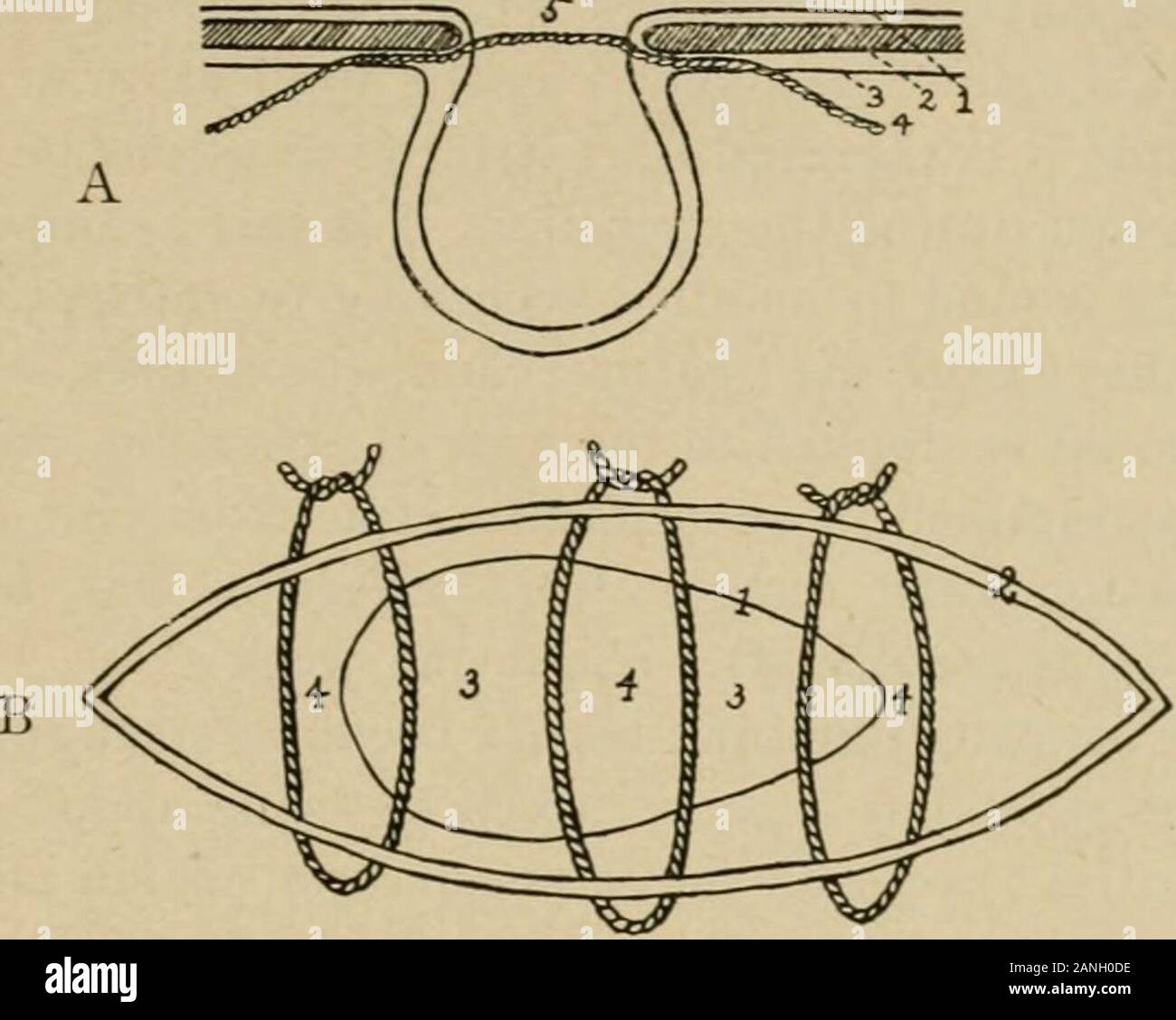

22) contrasted both to Mount Sinai where the Law was given (vv. "Mount Zion" is a "heavenly Jerusalem, " a "city of the living God" (v. The spiritual nature of the church is underscored. The context of Hebrews 12:18-29 gives substance to this expression as a term for Christians. Through him they have been "enrolled in heaven." In the Book of Hebrews the author appears to call Christians "firstborn ones" ( prototokon) in virtue of their relationship to Christ, whom he has already called the "firstborn" ( prototokon) in 1:6. But it also meant Israel had a priestly function to perform as God's saving light to Gentile peoples. This signified Israel's favored status among the nations to be in covenant relationship with God.


Of special significance is the divine claim that Israel was God's firstborn ( Exod 4:22-23 ). This implied priestly duties, an obligation later transferred to the Levites ( Num 8:14-19 ). He became the head of the family upon his father's death, having received his father's blessing ( Gen 27 ) and a double portion of the inheritance ( Deut 21:17 ).Īfter the Passover event in Egypt, every firstborn male belonged to God. The firstborn son in patriarchal society was regarded as special ( Gen 49:3 Exod 13:2 ). Two such New Testament uses, as a term for the church and as a title for Christ, are theologically significant. Bible Dictionaries - Baker's Evangelical Dictionary of Biblical Theology - Firstborn Firstborn įrequently employed in the Bible in the literal sense of offspring, "firstborn" acquired metaphorical applications over time.


 0 kommentar(er)
0 kommentar(er)
